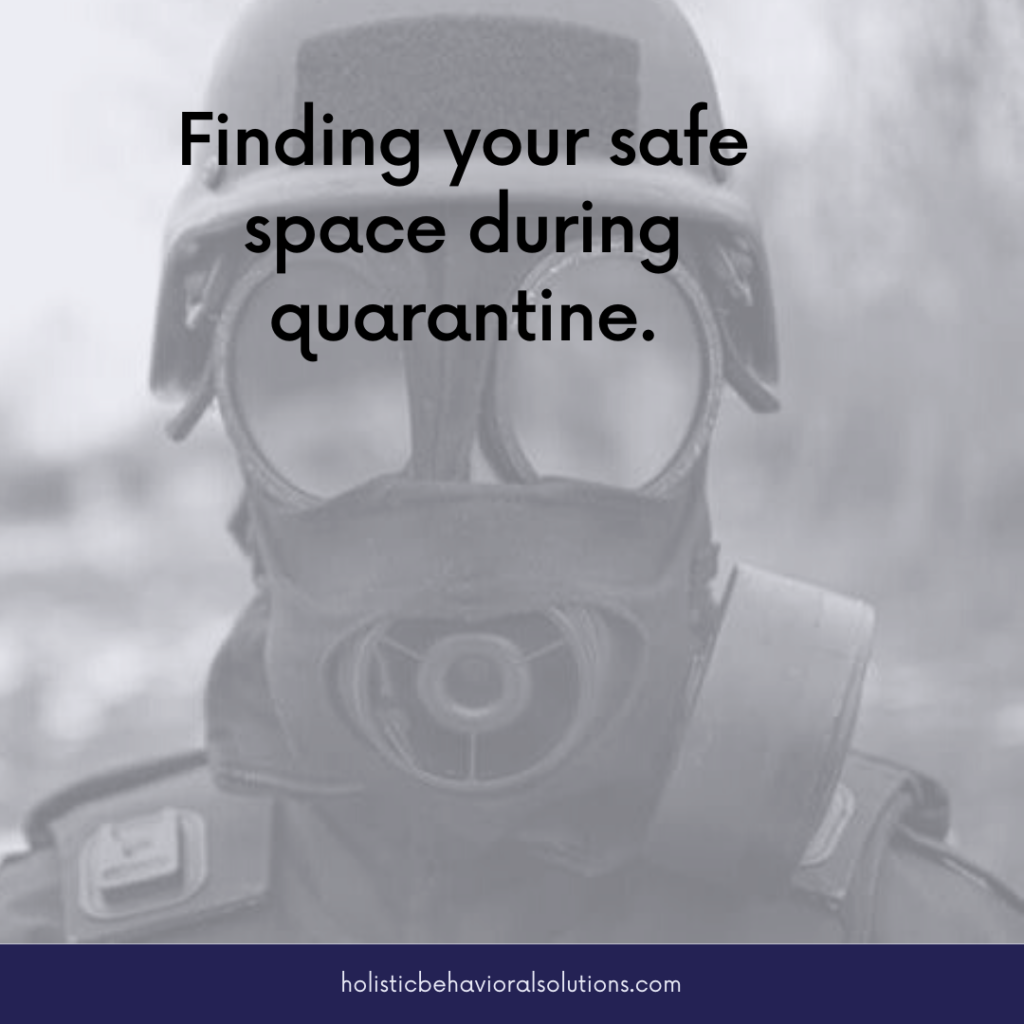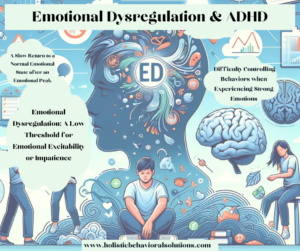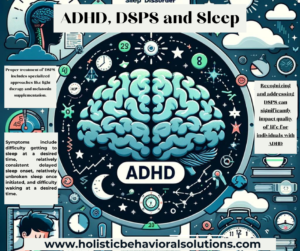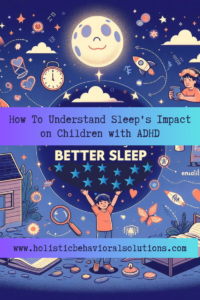
Living Under Quarantine
Most of the world in March 2020 learned what it means to live with limited safe spaces. Many of us are experiencing a state of emergency, curfew, and quarantine situations. Although many essential workers are out there on the front lines delivering care and protection, some of us are delivering services through the telehealth system.
Although telehealth is a reasonable alternative, we are learning a few things in this very difficult time. We are learning that we need people and that we need safe spaces. Across industries, we are seeing anxiety and reactivity spiking. Some people are showing their big hearts and hosting us at #clubquarantine, and others are showing their big fangs by being nasty to colleagues and the people on the front lines. The therapist in me realizes that this is a response to their internal anxiety while the human within me is shaking my head and wondering why.

Building insight
There are no perfect people, but some people try a bit more than others. Reactivity is easy. The ability to reflect takes work and insight. In therapy, we spend much of our time working on building insight. Outsight is easy. It is easy to pick apart someone else’s flaws. It is easy to see what someone else should do in a situation. The good book calls us to remove the plank from our own eye before we remove the speck from someone else’s.
Insight requires digging deep and seeing parts of ourselves that we would rather keep hidden, even from ourselves. The therapist’s job is to create a safe space to unpack and reflect on who we are and what we need to be better. We do this while accepting the person as they are and giving unconditional positive regard. Really seeing a person and all their flaws is an intimate relationship that requires trust and faith.
Safe Spaces
The therapeutic relationship can sometimes feel like a friendship because of the level of intimacy and support, but unlike a friendship, the flow of energy is from therapist to client. Some clients do show care and concern for their therapists, which is part of the human experience, but most of the heavy lifting is appropriately done by the professional in the relationship. The therapist’s job is to walk beside you and hold your hand. We encourage, caution, strategize, reflect, and help rebuild.
One of the biggest hurdles in quarantine is finding a safe space for you to unpack emotionally. I used to encourage going to a coffee shop or library to create a safe space if your home does not feel safe. Now that we are quarantined, those options are on pause.
For now, we can use our cars if we have them or take a walk while keeping the appropriate social distance. We can always text or call a safe person and create that space. Maybe we can write in our journals or scribe in our notes app while keeping the privacy settings locked. I have been using DJ headphones to create my safe space. It just feels safer. We can’t thrive until we feel safe. Everyone’s safety needs to look and feel different, but we all need to feel safe.
Let us use this opportunity to treat other beings with kindness and compassion. Build your safe space, and let’s use this opportunity to reflect on our well-being as humans. Let’s use this quarantine to recognize and build our own needs together.


